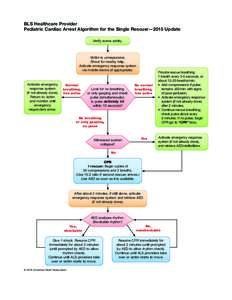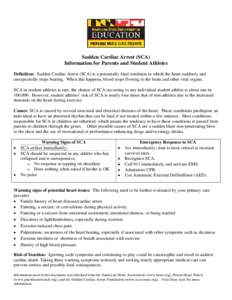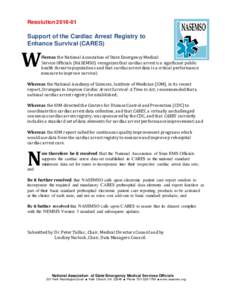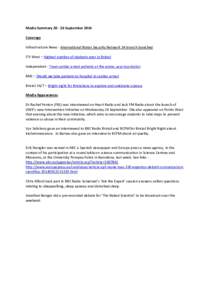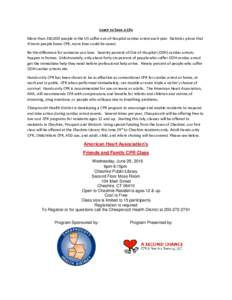<--- Back to Details
| First Page | Document Content | |
|---|---|---|
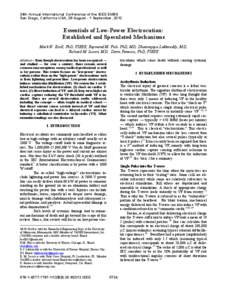 Date: 2014-05-21 16:09:48Biology Ventricular fibrillation Ventricular tachycardia Implantable cardioverter-defibrillator Cardiac electrophysiology Brugada syndrome Defibrillation Artificial cardiac pacemaker Cardiac arrest Cardiac dysrhythmia Medicine Health |
Add to Reading List |
 Essentials of Low-Power Electrocution: Established and Speculated Mechanisms
Essentials of Low-Power Electrocution: Established and Speculated Mechanisms